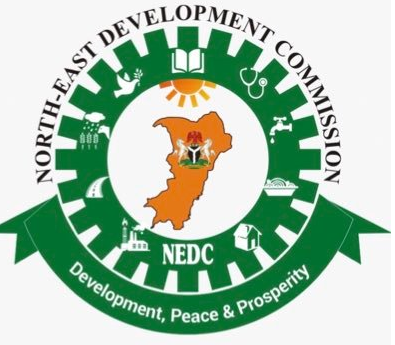The North East Development Commission (NEDC) has organised a 3-day workshop for 100 journalists in the North- East , members of the civil society organisations (CSOs), and 20 staff of the commission’s corporate services on non-kinetic approaches towards ending insurgency.
Declaring the workshop which began on Monday in Maiduguri open, the managing director NEDC, Mohammed Alkali, said the gathering for the capacity building workshop reflects a shared commitment to strengthening the role of the media in fostering informed communities, promoting accountability, and driving sustainable development in the society.
The NEDC boss noted that journalism, especially in a region as dynamic and critical as the North East, holds immense power in shaping narratives, amplifying voices, and bridging gaps in understanding, saying that the training is designed to equip journalists with advanced tools, strategies, and ethical insights to navigate the evolving media landscape and address the unique challenges of reporting in the region.
Represented by the head of resettlement and early recovery NEDC, Mohammed Sani Umar , Mr Alkali said ,” Your role as journalists is indispensable, not just in documenting stories but in illuminating truths that inspire action, hope, and resilience. Together, we aim to harness this potential to enhance professionalism and impact.
” A non-kinetic approach to addressing the Boko Haram insurgency in Nigeria focuses on methods that reinforce direct military confrontation. These strategies emphasize addressing the root causes of the insurgency, building resilience in communities, and promoting long-term stability.
“Some of the key elements of such an approach, includes: Engagement and Dialogue: Initiating dialogue with various factions within Boko Haram, or with local communities affected by the insurgency, can provide a way to reduce violence. This could involve negotiating peace agreements or offering amnesty to members willing to renounce violence and reintegrate into society.
“Addressing Socioeconomic Grievances: Many of the individuals who join Boko Haram are driven by poverty, unemployment, and lack of educational opportunities. A focus on economic development, job creation, and enhancing educational opportunities in the regions most affected by Boko Haram would address the socio-economic conditions that fuel the insurgency,” he said.





